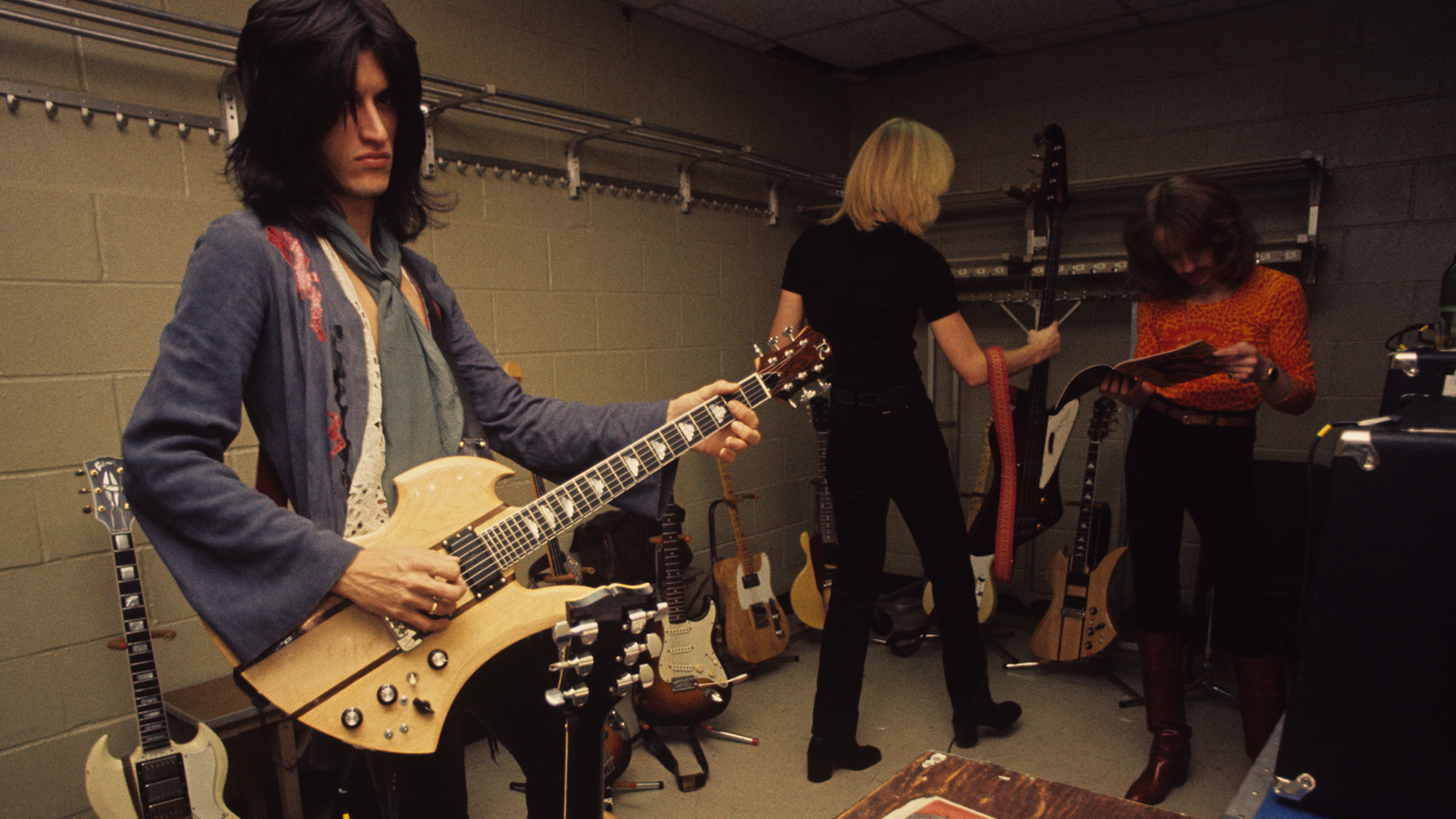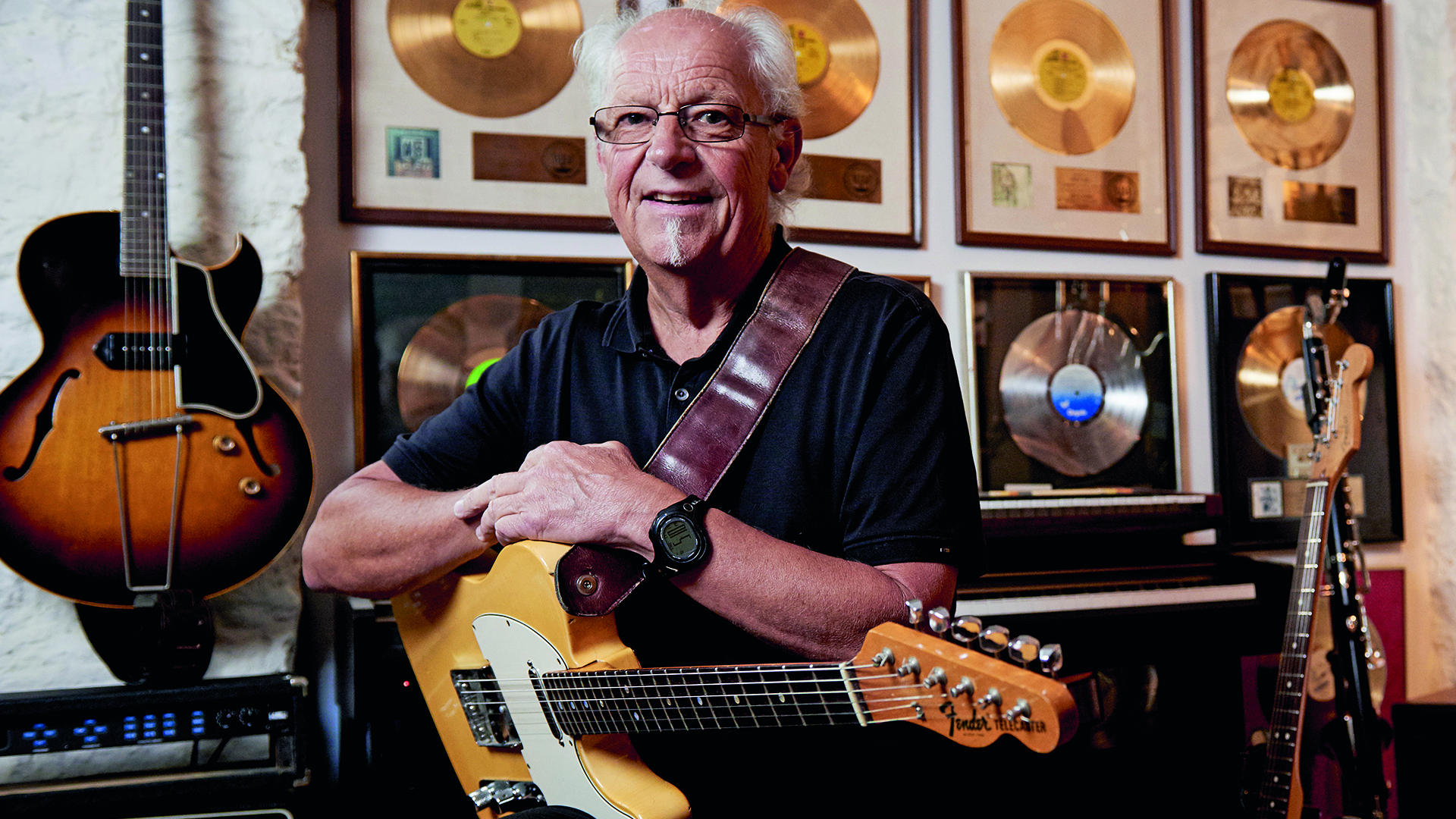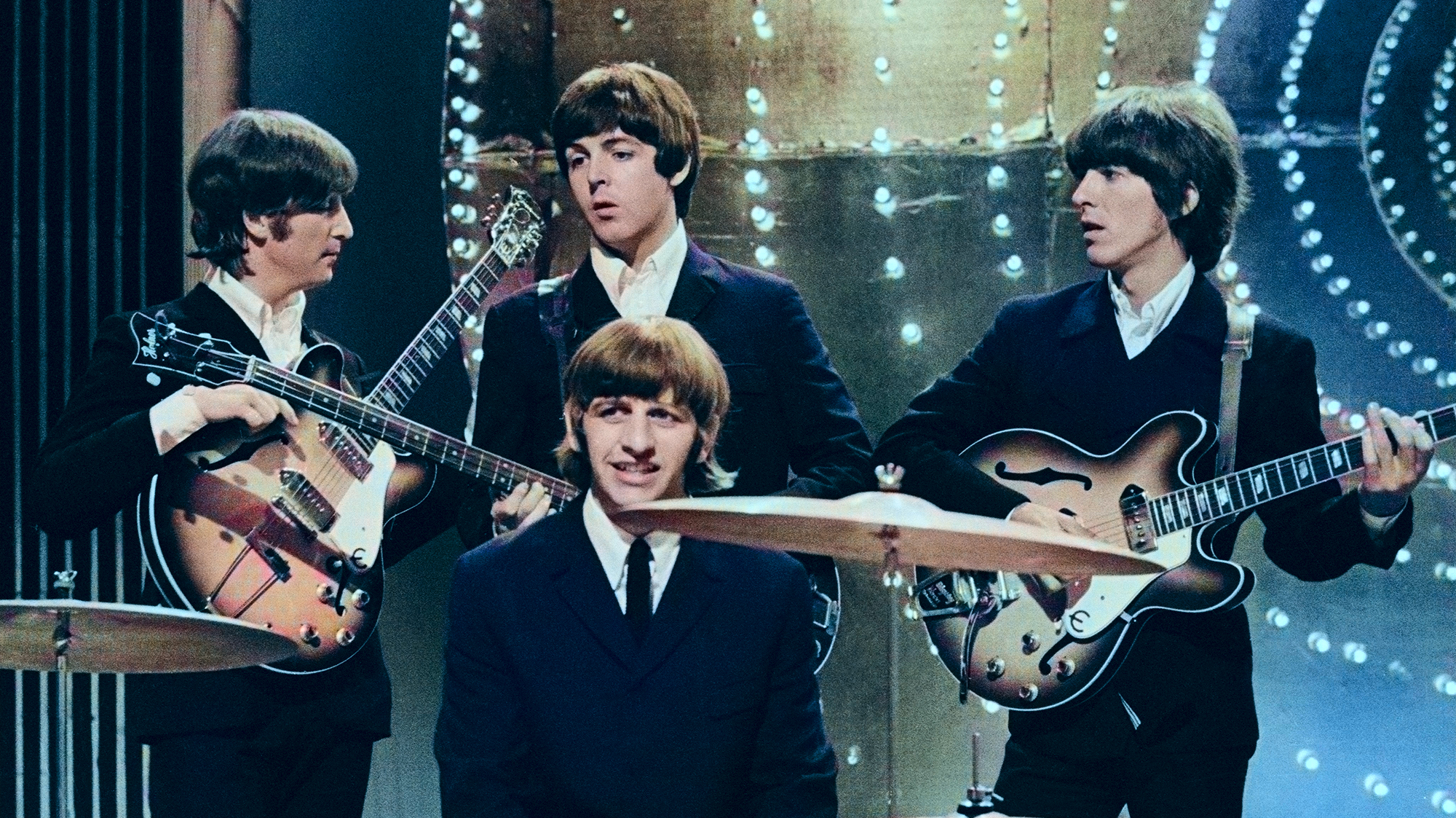"The country a guitar is made in doesn't matter.” Guitar maker Paul Reed Smith tells guitarists the last thing they want to hear
Calling Carlos Santana and Jimmy Herring up as witnesses, the luthier continues his electric guitar myth-busting streak

Guitarists love their vintage guitars, ascribing mystical and even magical powers to their aged tonewoods, hardware and finish.
Paul Reed Smith says it's all rubbish.
Speaking to American Musical Supply, the celebrated luthier distances himself from the "old is always better" adage. "Nobody thinks that a new vet can get outmaneuvered by an old vet," he said. "But everybody thinks an old guitar can outmaneuver a new guitar. I just don't buy it.”
Smith says he's not alone in his thinking. He points to numerous guitarists, like Widespread Panic's Jimmy Herring, who have espoused the merits of new guitars.
“Jimmy Herring was the first person to say to me ‘My PRS's will do things my vintage guitars won't do,'" Smith says. "I thought that was a beautiful comment.”
The allure of vintage guitars has only grown over the past 40 years, as the market for them has imbued even modest models from the 1960s with an aura of mystique.
No less a player than David Gilmour has weighed in the subject. Speaking about the guitars featured on his latest solo album, Luck and Strange — a record he calls his best LP since Dark Side of the Moon — the former Pink Floyd guitarist said vintage guitars always sound better than modern builds, noting, “All these pieces of wood gradually become in harmony with each other over years of playing.”
Get The Pick Newsletter
All the latest guitar news, interviews, lessons, reviews, deals and more, direct to your inbox!
Smith isn't buying it. For that matter, he's not particular about tonewood, noting “the species is less relevant than the qualities of the wood," and has ridiculed snobbery of where certain woods are sourced from. He's said Guatemalan fence posts can make for quality guitars just as much as Honduran mahogany
To that end, PRS has been happy to experiment with left-field wood choices like Urban Ironbark, and wood alternatives for fretboards, like Richlite and Ebonol.
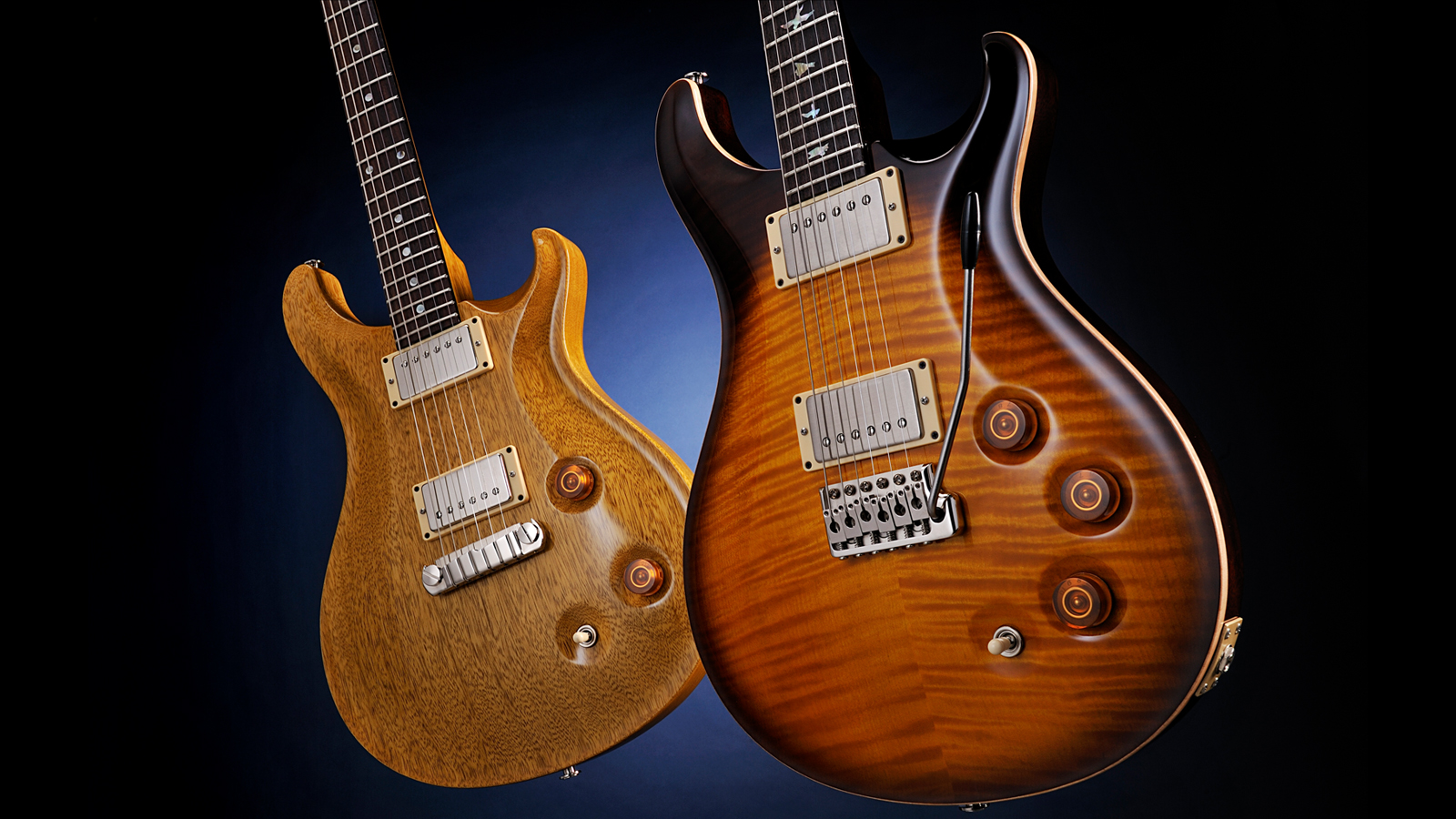
Expanding on those beliefs, Smith now says that where a guitar is made shouldn’t be a primary concern for guitar and bass players.
“I’ve always believed that it’s not about the country that an instrument is made in. It’s always been about the skill level of the guitar makers,” he says in a new Premier Guitar column.
“When we first started traveling to overseas guitar manufacturing facilities, we found that almost all their training over the decades had been to go fast, while our teaching about how to make instruments was about how to go well.
“Once they knew how to go well, the guitars they produce are of the same caliber as what we make here. So, as a definitive statement, the country a guitar is made in does not matter much. The skill and care of the instrument makers does matter.”
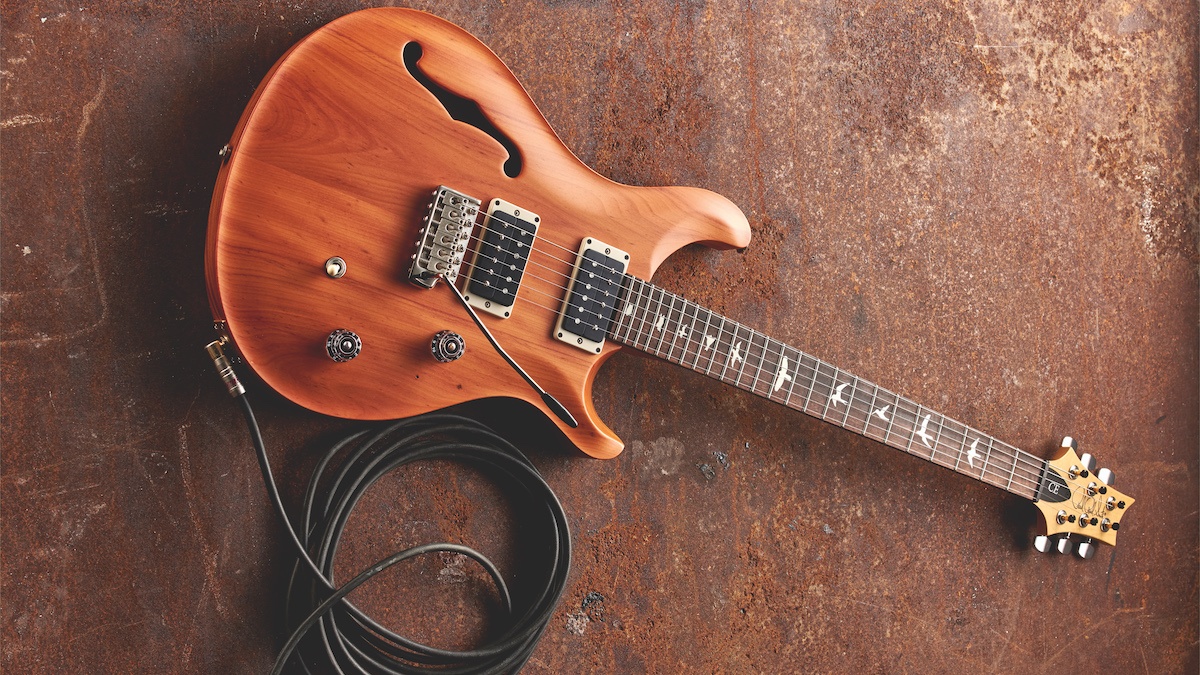
Outlining an example to back up his argument, he says that when Carlos Santana had asked for a more affordable version of his signature guitar, his solution was to manufacture it abroad.
“When we brought him the prototype, he was impressed, and his comment was, ‘This was made in America, right?’ And I said, ‘No. This was made overseas.’ The contract for his approval was on the table, and he leaned over and signed it as fast as he could.”
Instead of fixating on what wood and an electric guitar's place of origin, Smith underscores the importance of getting instruments in player's hands above all else.
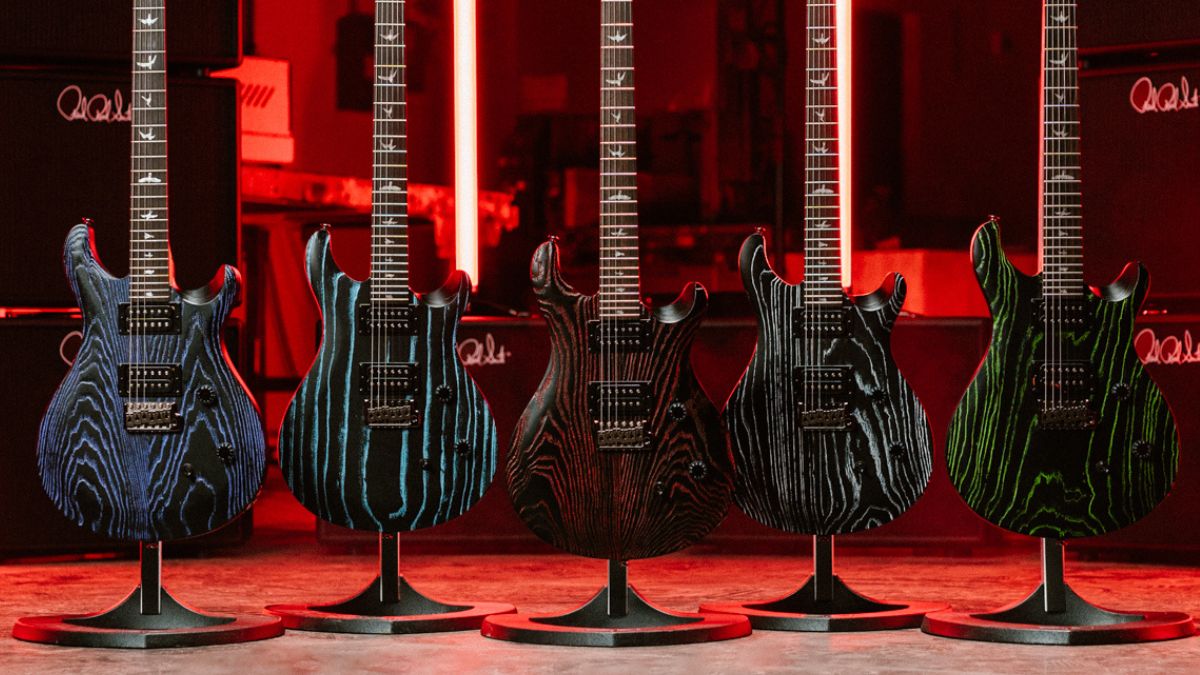
“You should evaluate it the same way, regardless of country of manufacture,” he concludes. “How does it look, how does it feel in your hands, how does it sound acoustically, how does it sound electrically, and most importantly, will it do the job you want it to do?
A freelance writer with a penchant for music that gets weird, Phil is a regular contributor to Prog, Guitar World, and Total Guitar magazines and is especially keen on shining a light on unknown artists. Outside of the journalism realm, you can find him writing angular riffs in progressive metal band, Prognosis, in which he slings an 8-string Strandberg Boden Original, churning that low string through a variety of tunings. He's also a published author and is currently penning his debut novel which chucks fantasy, mythology and humanity into a great big melting pot.
“Gibson had lost the recipe — not only for guitar building but for making pickups based on their original design.” How Larry DiMarzio’s pickup revolution defined the sound of 1970s guitar rock
“Tariffs on products from its Mexico and China facilities would increase operating costs by $20 to $25 million.” Fender's credit rating is downgraded as tariffs pose new challenges for the guitar and gear maker






